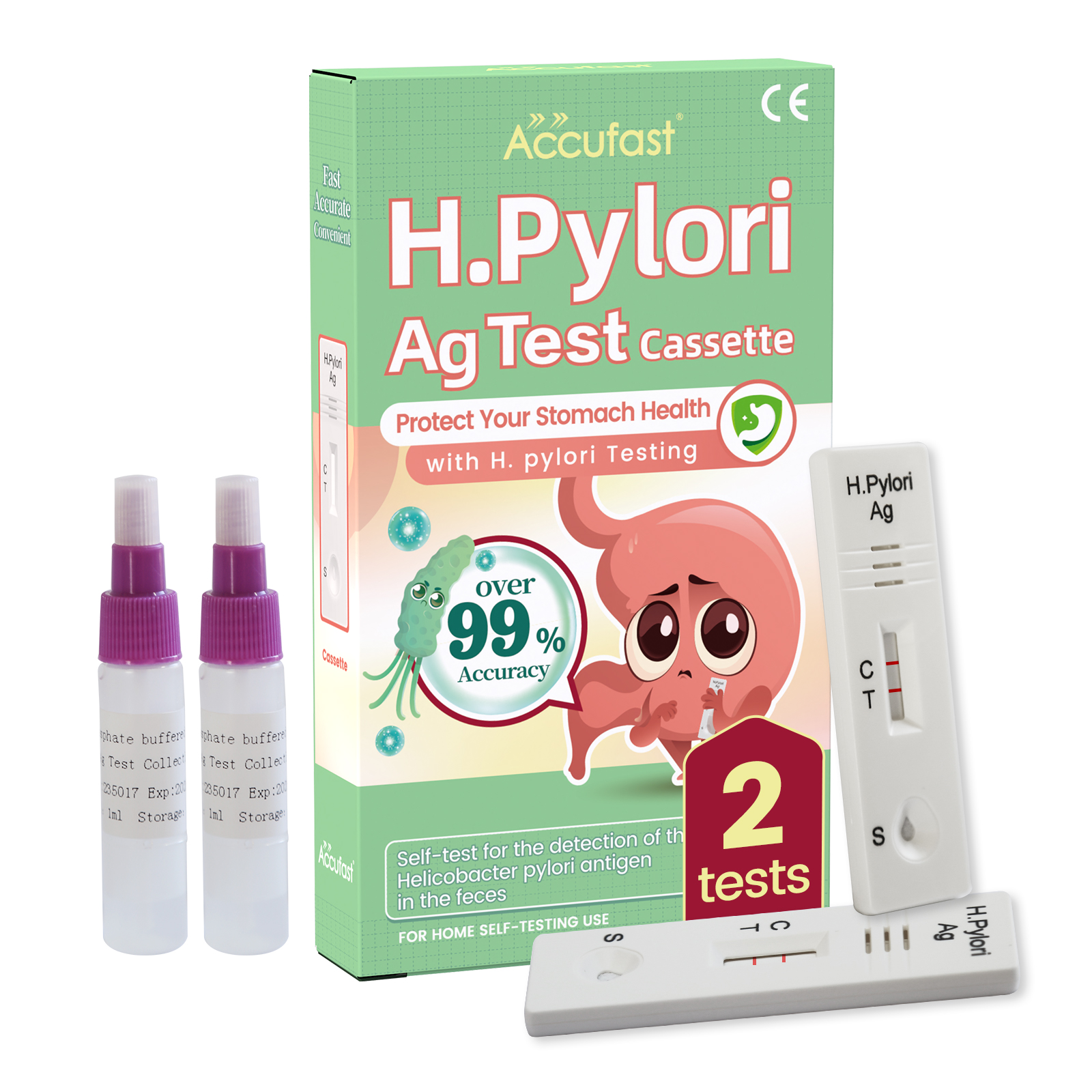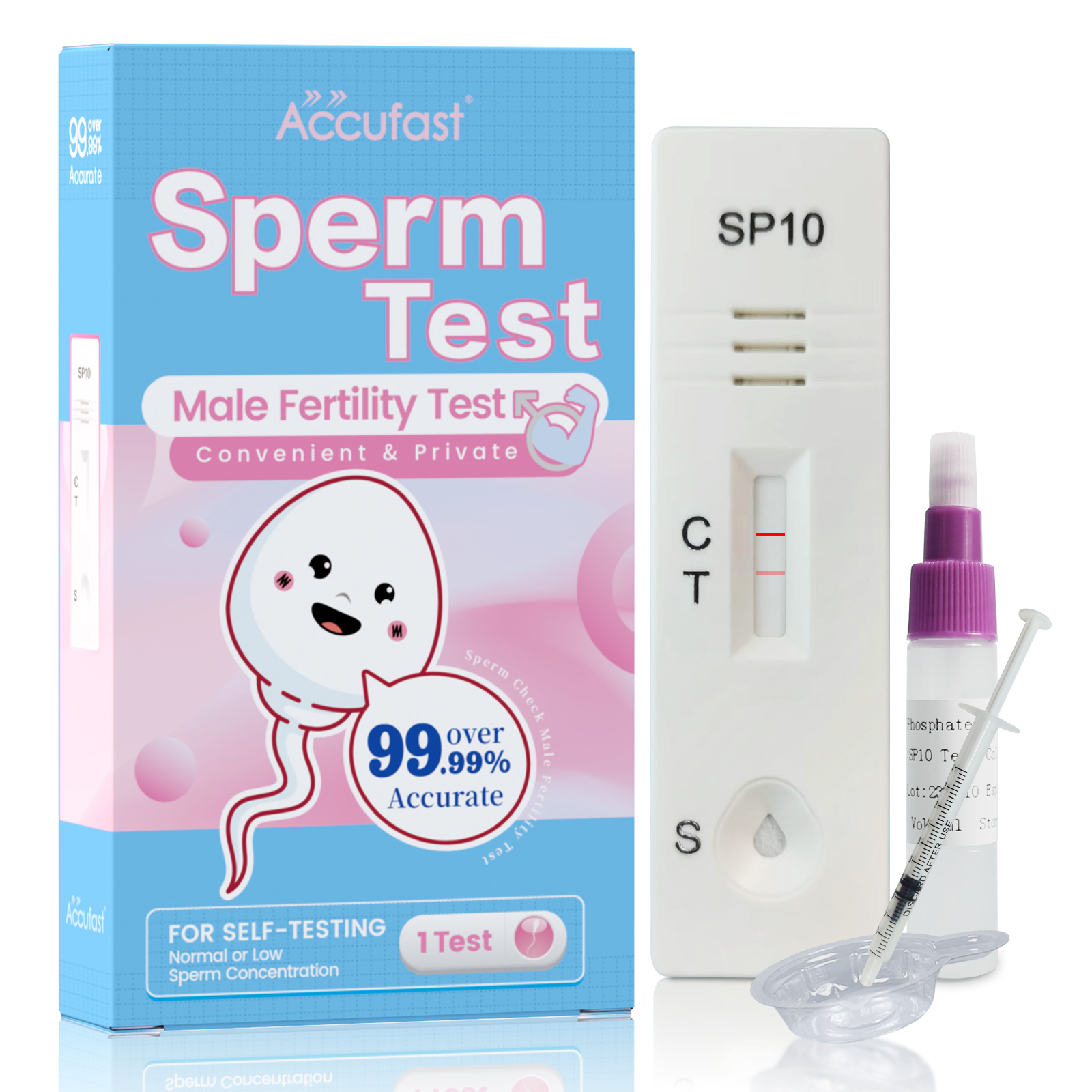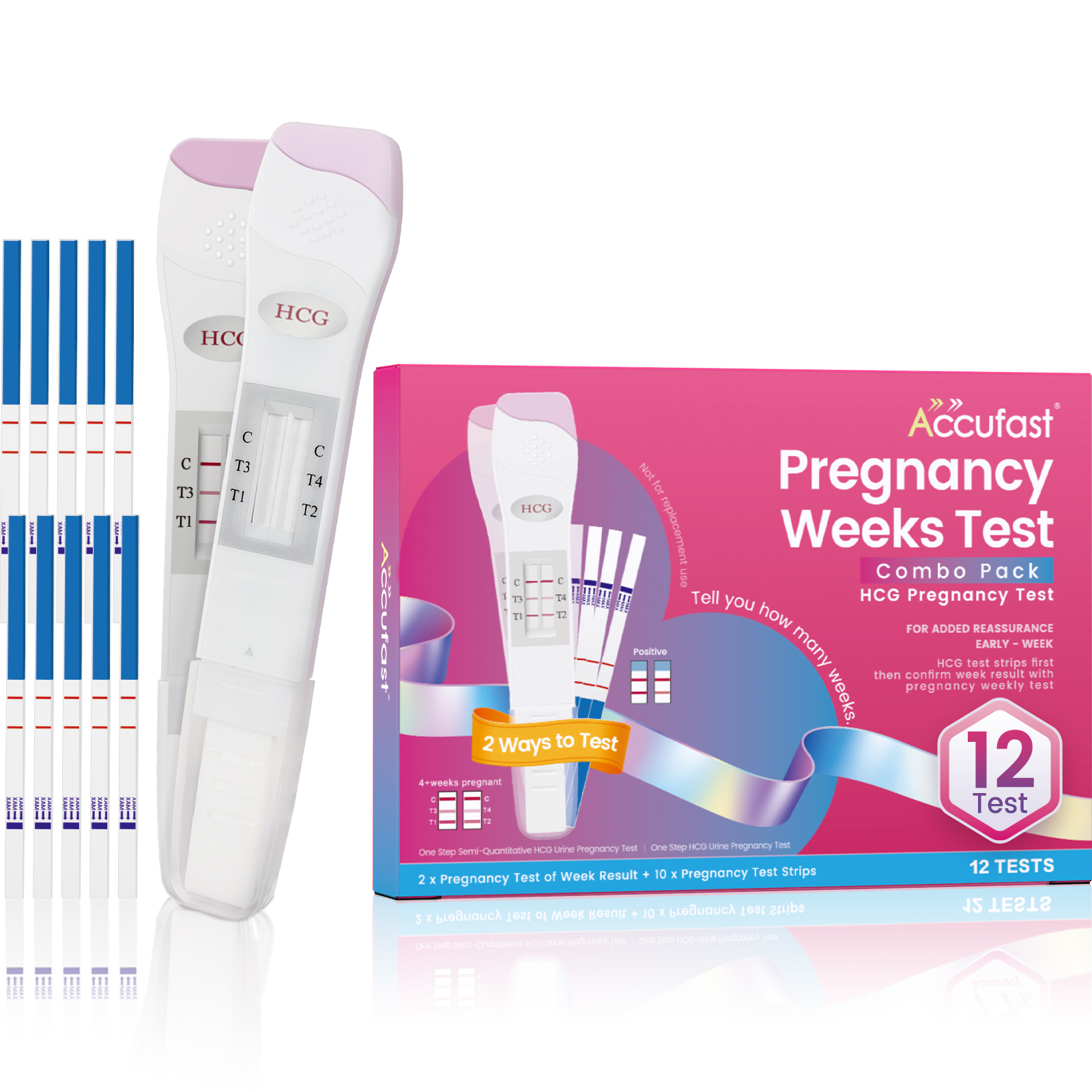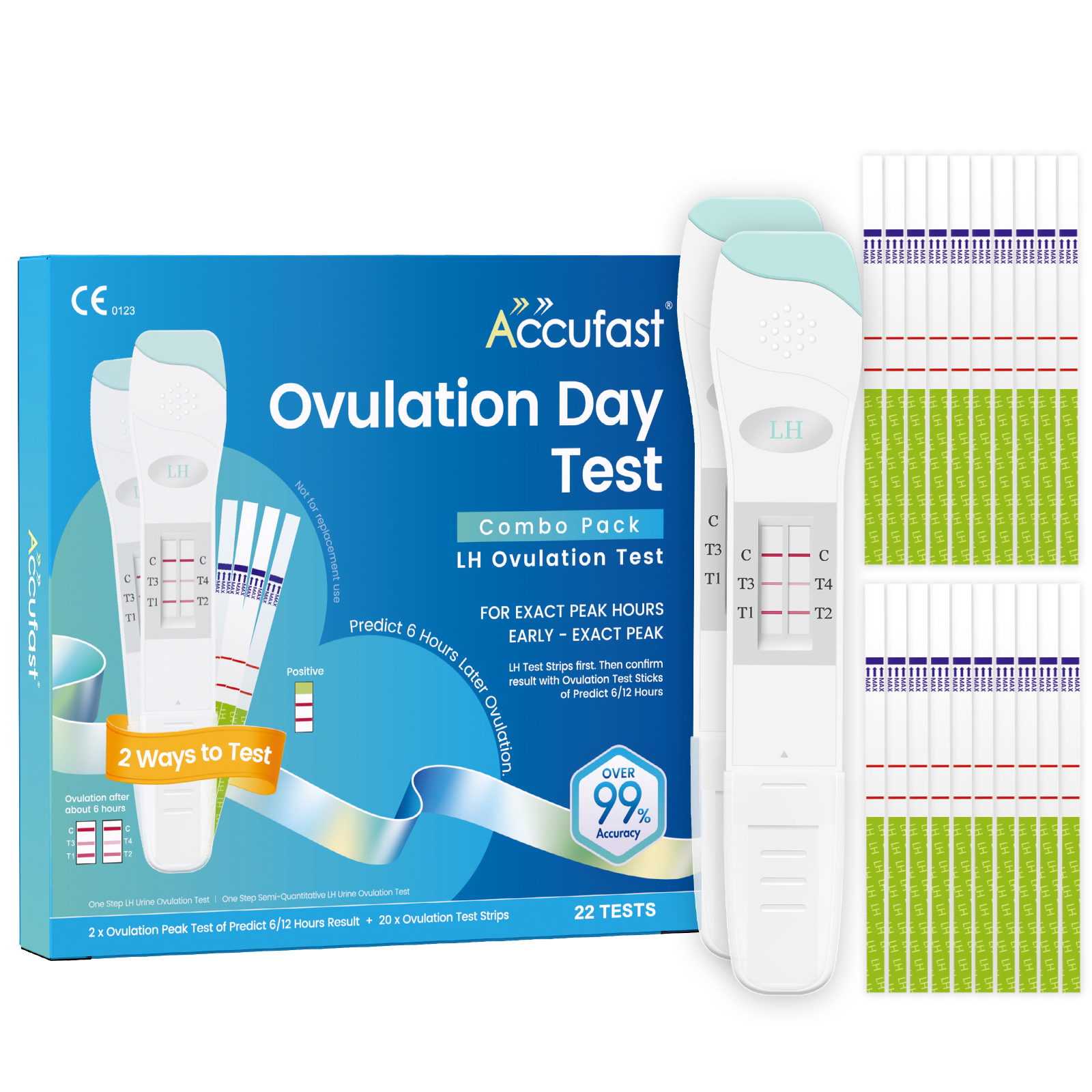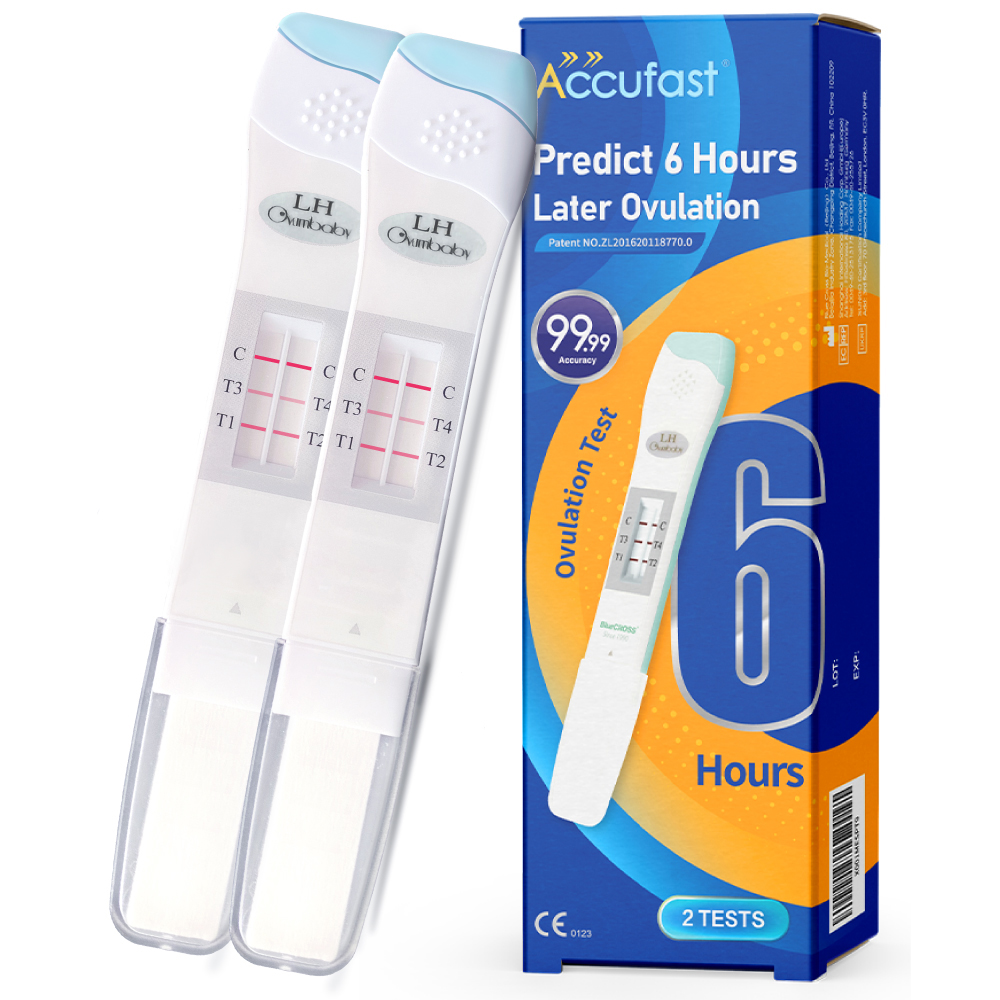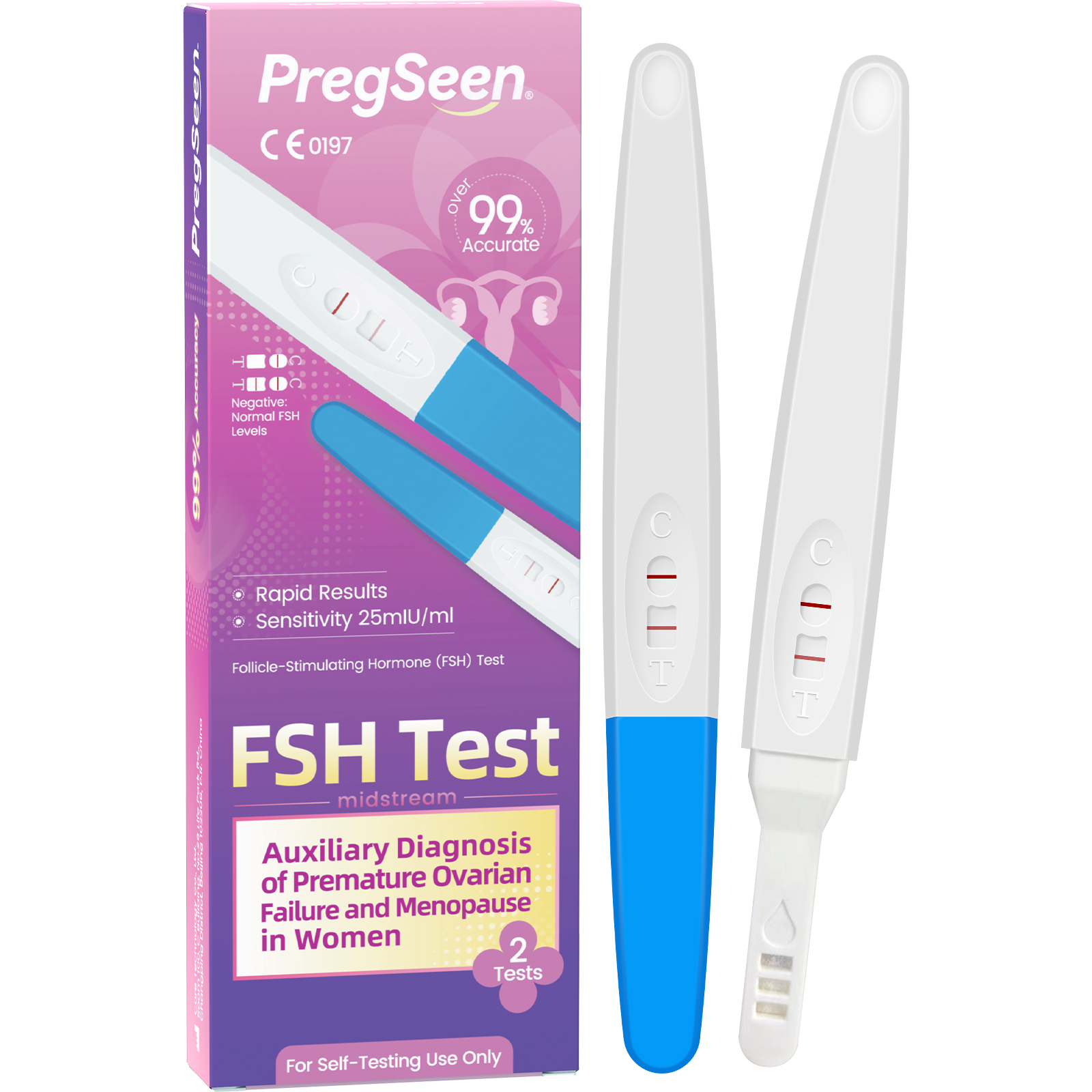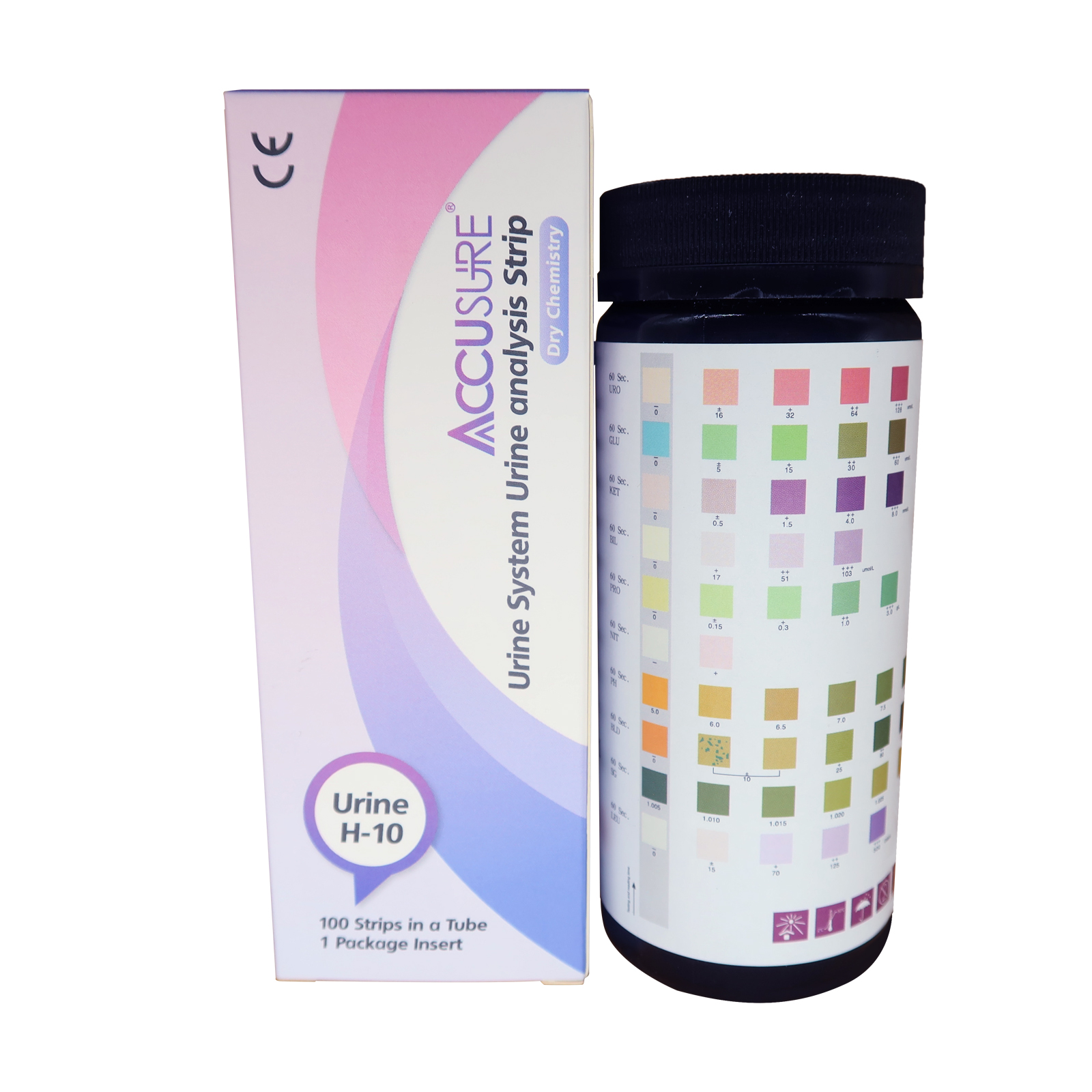Unveiling the Health Risks: H. pylori, Fecal Occult Blood, and the Importance of Early Screening
Sep 10,2024
Unveiling the Health Risks: H. pylori, Fecal Occult Blood, and the Importance of Early Screening
Introduction:
Health is our most valuable asset, and it is crucial to pay attention to potential risks that could impact our well-being. In this blog post, we will delve into the hidden dangers of Helicobacter pylori (H. pylori) and fecal occult blood, shedding light on their impact on our health. We will also discuss the convenience of test cards and emphasize the significance of early screening in detecting and preventing potential complications.
Understanding H. pylori:
What is H. pylori?

H. pylori is a type of bacteria that can infect the stomach and is estimated to be present in approximately half of the world's population. It is commonly transmitted through contaminated food and water, and close contact with infected individuals.
The Link to Health Complications
H. pylori infection can lead to various health issues, including gastritis, stomach ulcers, and even stomach cancer. The bacteria weaken the protective lining of the stomach, allowing stomach acid to cause inflammation and damage.
The Importance of Early Detection
Early screening for H. pylori infection is vital in preventing the progression of complications. Through various diagnostic methods such as breath tests, blood tests, and stool tests, healthcare professionals can identify the presence of the bacteria and provide timely treatment.
Unmasking Fecal Occult Blood:
What is Fecal Occult Blood?

Fecal occult blood refers to the presence of blood in the stool that is not visible to the naked eye. It can indicate potential bleeding in the digestive tract, including the esophagus, stomach, or intestines.
Causes and Symptoms
The causes of fecal occult blood can range from gastrointestinal disorders like ulcers, polyps, or hemorrhoids to more severe conditions such as colorectal cancer. Common symptoms include unexplained weight loss, fatigue, abdominal pain, and changes in bowel movements.
The Need for Regular Screening
Regular screening is crucial in detecting fecal occult blood early on. Tests like the fecal immunochemical test (FIT) or guaiac-based fecal occult blood test (gFOBT) can help identify minute amounts of blood in the stool. The earlier the detection, the higher the chance of successful treatment and improved outcomes.
Health Risks and Consequences:
The Dangers of Untreated H. pylori Infection
If left untreated, H. pylori infection can lead to chronic gastritis, or inflammation of the stomach lining. This can increase the risk of developing stomach ulcers, which can cause significant pain and discomfort. In some cases, it can even progress to stomach cancer, a potentially life-threatening condition.
Undiagnosed Fecal Occult Blood and Its Consequences
Fecal occult blood may indicate serious underlying conditions such as colorectal cancer. If undiagnosed and untreated, it can lead to advanced stages of cancer, making treatment more challenging and potentially reducing the chances of survival. Early detection through screening can significantly decrease these risks.
The Severity of These Conditions
It is crucial to understand the potential severity of both H. pylori infection and fecal occult blood. These conditions can significantly impact an individual's well-being, quality of life, and longevity. Early detection and timely intervention can help prevent the progression of complications, ensuring better health outcomes.
Importance of Early Screening:
The Benefits of Early Detection
Early screening plays a pivotal role in preventing the development of serious health conditions. By identifying H. pylori infection or fecal occult blood early on, appropriate treatments and interventions can be initiated promptly, reducing the risk of complications and improving the chances of recovery.
Available Screening Methods
Medical advancements have led to the development of convenient and effective screening methods, such as test cards. Breath tests, blood tests, and stool tests are non-invasive and can be easily administered by healthcare professionals to detect the presence of H. pylori or fecal occult blood.
Prioritizing Regular Check-ups
Regular check-ups and screenings are essential in maintaining good health. By scheduling routine appointments with healthcare providers, individuals can stay informed about their health status and identify any potential risks or early signs of diseases. Prevention through early detection is key to leading a healthier life.
Conclusion:
Prioritizing our health should be a top priority, and that includes being aware of potential risks that can have a significant impact on our well-being. H. pylori infection and fecal occult blood are stealthy health threats that, if left undetected and untreated, can lead to serious complications. By embracing the convenience of test cards and committing to regular screenings, we can identify these risks early on. Remember, prevention is better than cure. Take charge of your health, and encourage your loved ones to do the same. Together, we can ensure a healthier future for ourselves and those around us.

